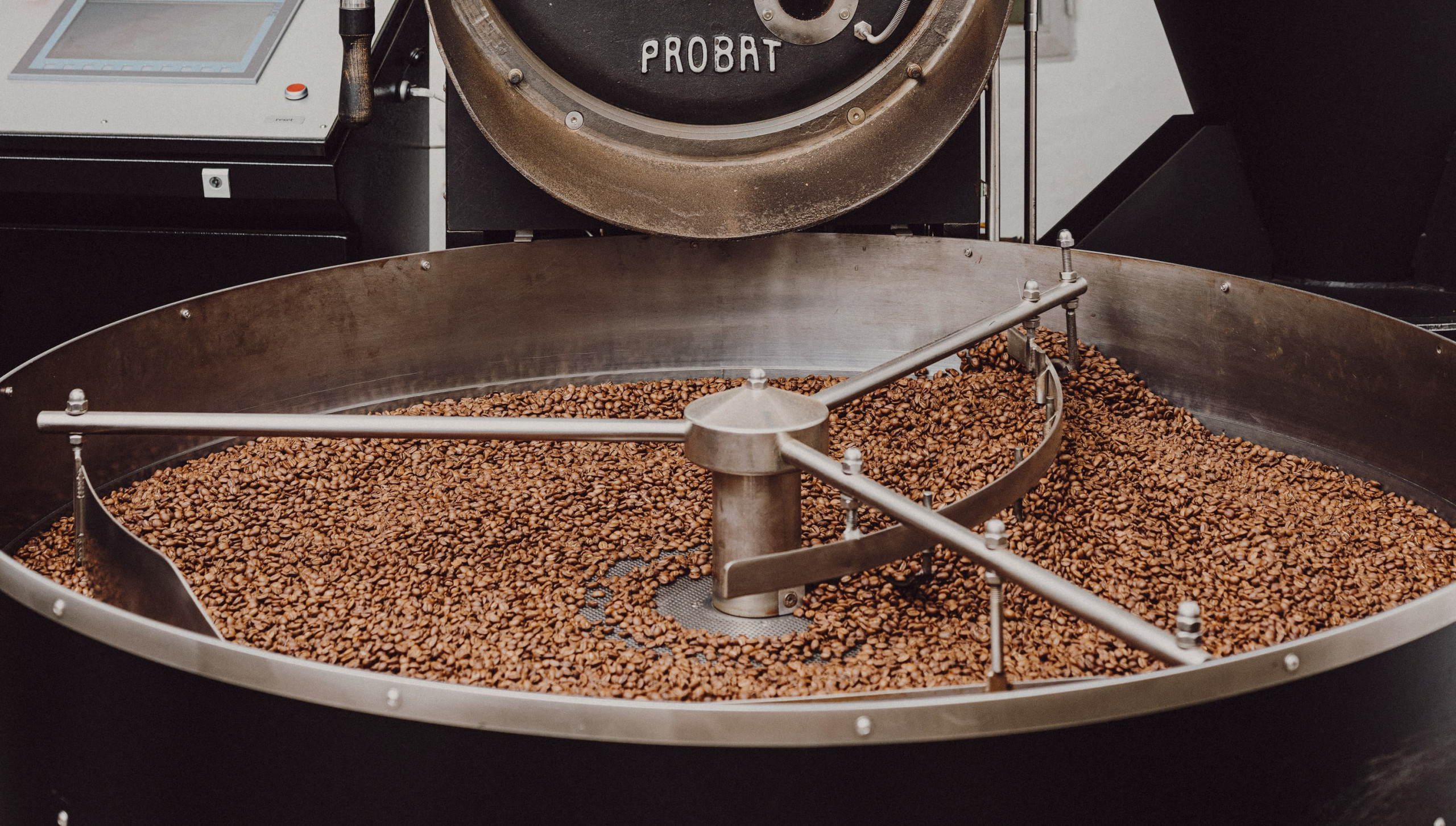
As much Today as in 2011, when it was a simple coffee cart stationed at markets around the busy city of London, Nomad Coffee’s values and goals remain the same: proximity, respect for the producer and careful attention to detail throughout the production chain.
Nomad later moved to Barcelona to open its first shop and help cultivate a taste for speciality coffee in the Catalan capital. Soon after, they opened their own open roastery and, still guided by the premise of bringing coffee closer to the public, they began to distribute their product and create a collaborative network of cafés, helping the project to grow on an international scale.
Nomad’s trademark is its roasting, which is why they want to have a hand in every stage of the production process. They travel to origin looking for the best beans and work side by side with importers and farmers. They roast their coffee at their headquarters, applying their own quality standards, which help them develop each bean to its full potential.
A team of baristas is responsible for extracting the uniqueness and excellence from every coffee in each of Nomad’s shops.
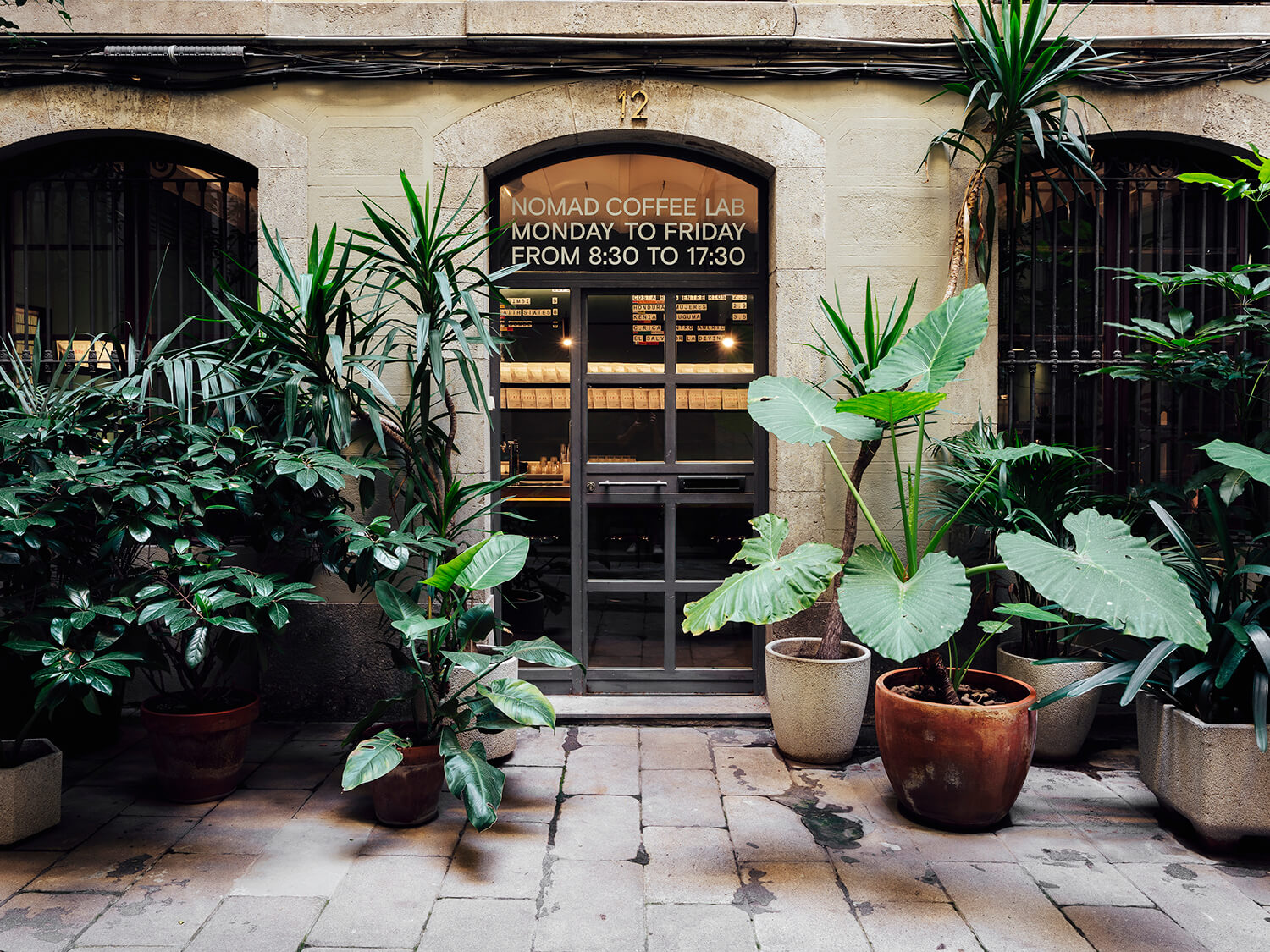
– London, 2011 – Jordi Mestre, founder of Nomad Coffee, has spent two years working in the best coffee shops in the city. He decides to put everything he’s learned into practise and set up his own coffee cart, becoming a nomadic barista and serving coffee around some of London’s most legendary markets. Nomad Coffee is born.
– Madrid, 2012 – A year after starting his coffee venture in London, Jordi signs up for Spain’s National Barista Championships, winning first place at the finals in Madrid. One month later, with the support of his mentor, Rob Dune, he reaches 15th place in the World Barista Championships in Vienna. This opens the door to his first job as a roaster in the micro-roastery, Nude Coffee Roasters.
– Barcelona, 2013 – Jordi goes on to win Spain’s National Barista Championships for the second year running and is sent to Melbourne, Australia to represent his country in the World Barista Championships. He decides to sell his coffee cart in London with a view to transferring his experience to Barcelona.
– Barcelona, 2014 – Nomad opens its doors in Barcelona with its first shop, NOMAD COFFEE LAB, space where coffee is the only thing on the menu, flying the flag for third-wave speciality coffee in the city.
Fran González trains as a barista that summer and joins the team as Nomad’s first employee, deciding to learn how to roast coffee alongside Jordi. Today, Fran is a partner in the company and Nomad’s Head of Coffee. The company launches the first edition of its bottled Cold Brew.
Speciality Coffee is creating more of a stir among the press and begins to gain ground in the hospitality industry.
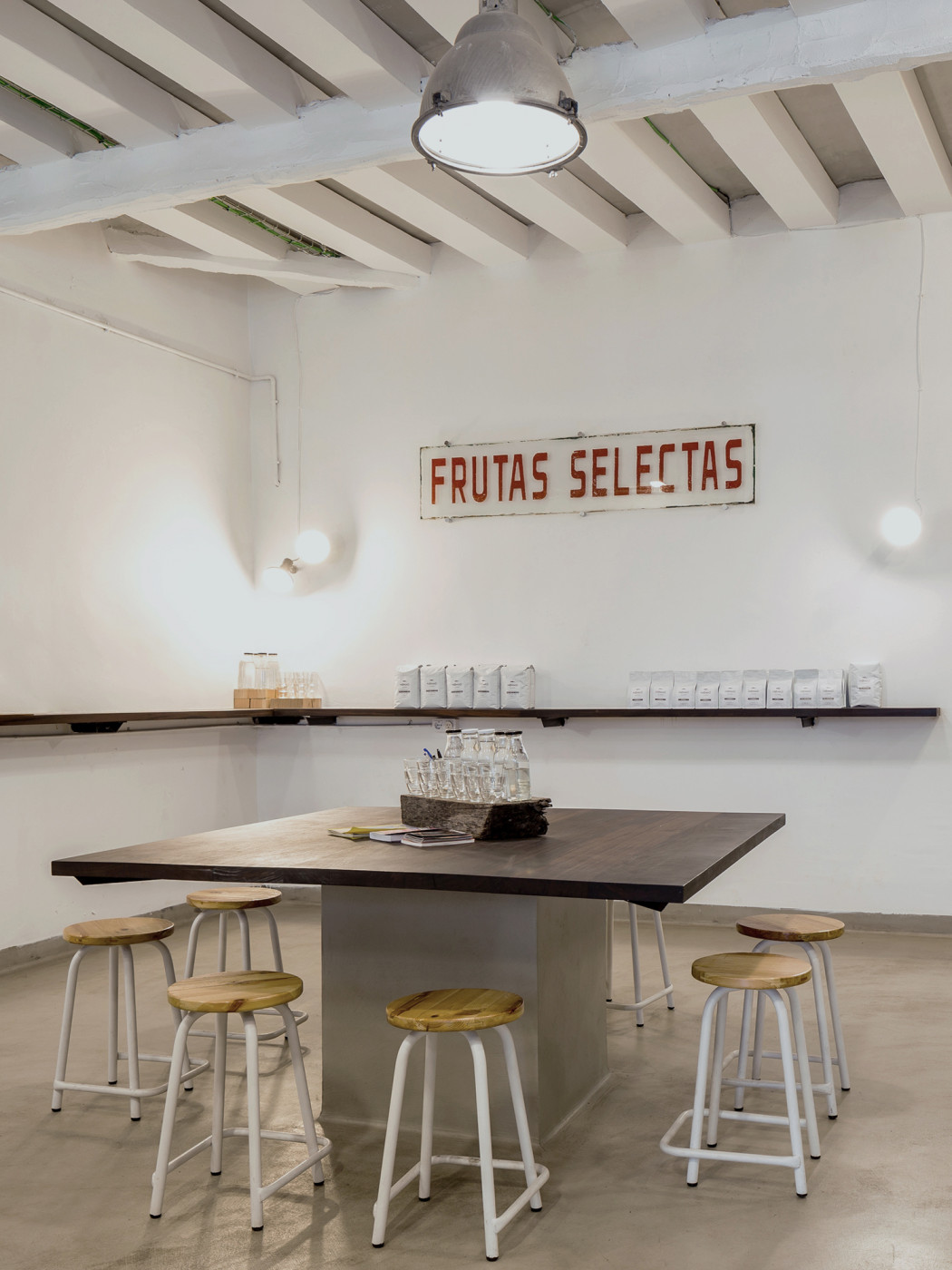
– Barcelona, 2015 – As third wave coffee becomes more popular in the city, Nomad obtains its first wholesale clients. They start to supply coffee to other businesses and share their experience through consultancies and training sessions.
In order to be able to offer this service, Nomad opens ROASTER’S HOME in Poblenou, their first headquarters.
This roastery not only becomes a space that’s open to the public but also space where they are able to schedule cuppings and courses open to anyone with a desire to learn about coffee.
Cold Brew is this summer’s speciality and Xavi Navas takes charge of production.
– Costa Rica/Rwanda, 2016 – With the roastery up and running and the business taking shape, Nomad travels to origin at the hands of Falcon Coffee and Richard Williams, Jordi’s mentor when he began roasting.
These trips will become the first of many. They help underscore how important it is to support producers and Nomad discovers just how much support and training they receive from importers.
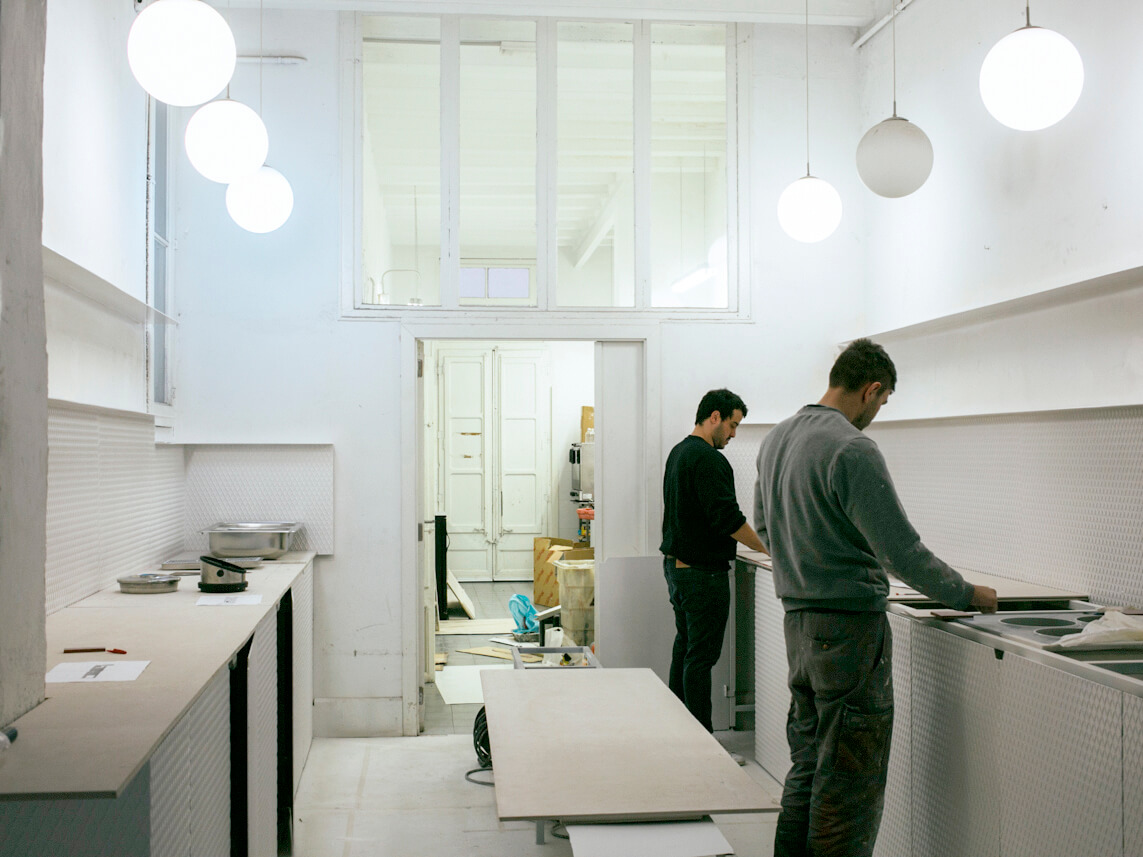
– Barcelona, 2016 – Nomad opens its third shop, NOMAD EVERY DAY, located in the centre of Raval. This new space gives Nomad room to experiment with coffee as well as serving the perfect espresso, daring to offer signature drinks and expand their range with food and ice cream, one of their closest allies.
– Barcelona, 2017 – Nomad’s expansion has been a responsible and organic process; a response to demand and the result of grasping opportunities with both hands. In 2017, they were offered a restored and improved German Probat UG22 roaster with new features for controlling the roast, gas, airflow and flame. This new addition helps them increase production and they subsequently expand their clientele whilst maintaining the highest possible standards.
They are fiercely committed to supplying Cold Brew, not only in their own stores but also satisfying orders clients. Today, this service can only be offered thanks to Xavi’s tireless efforts and commitment.
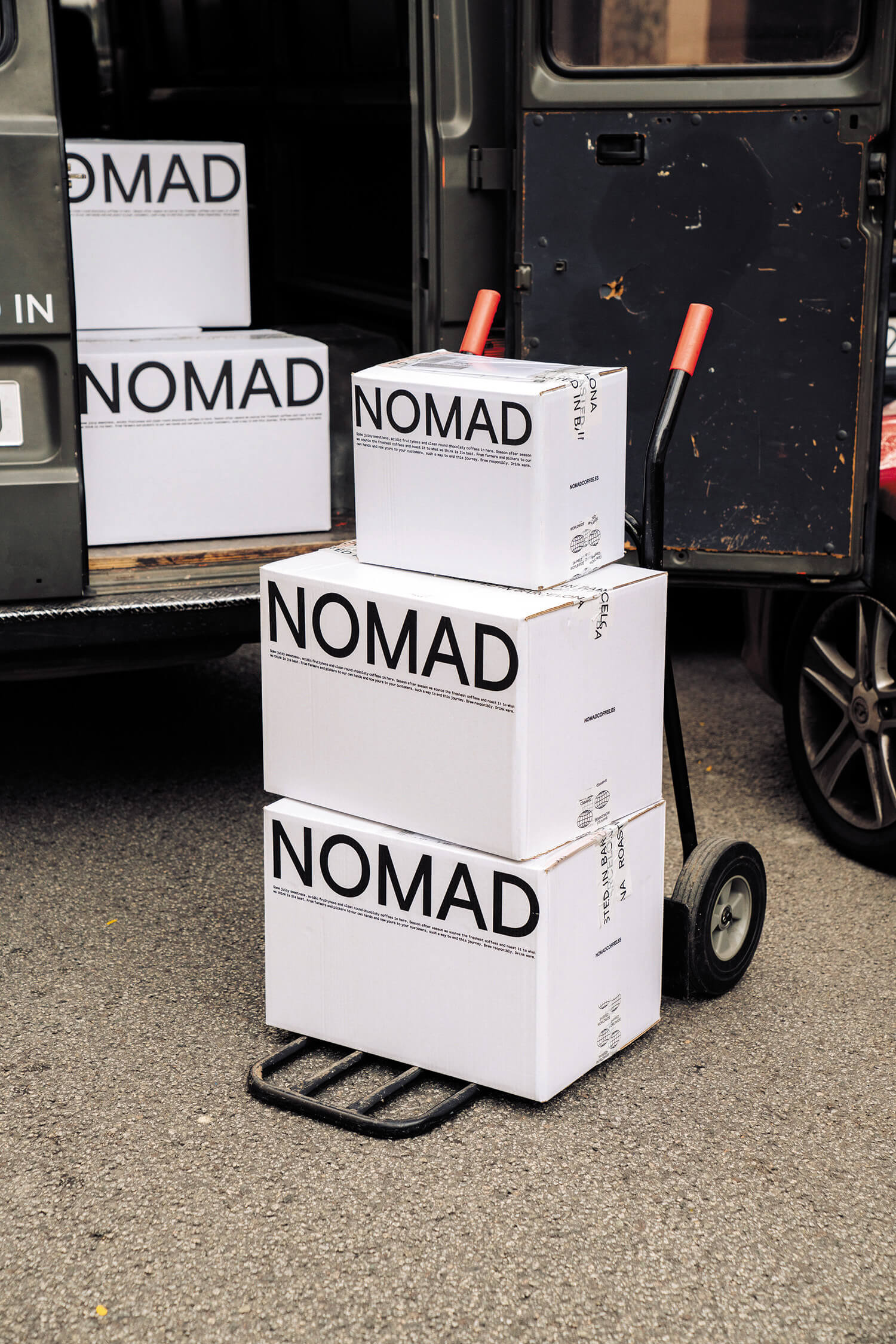
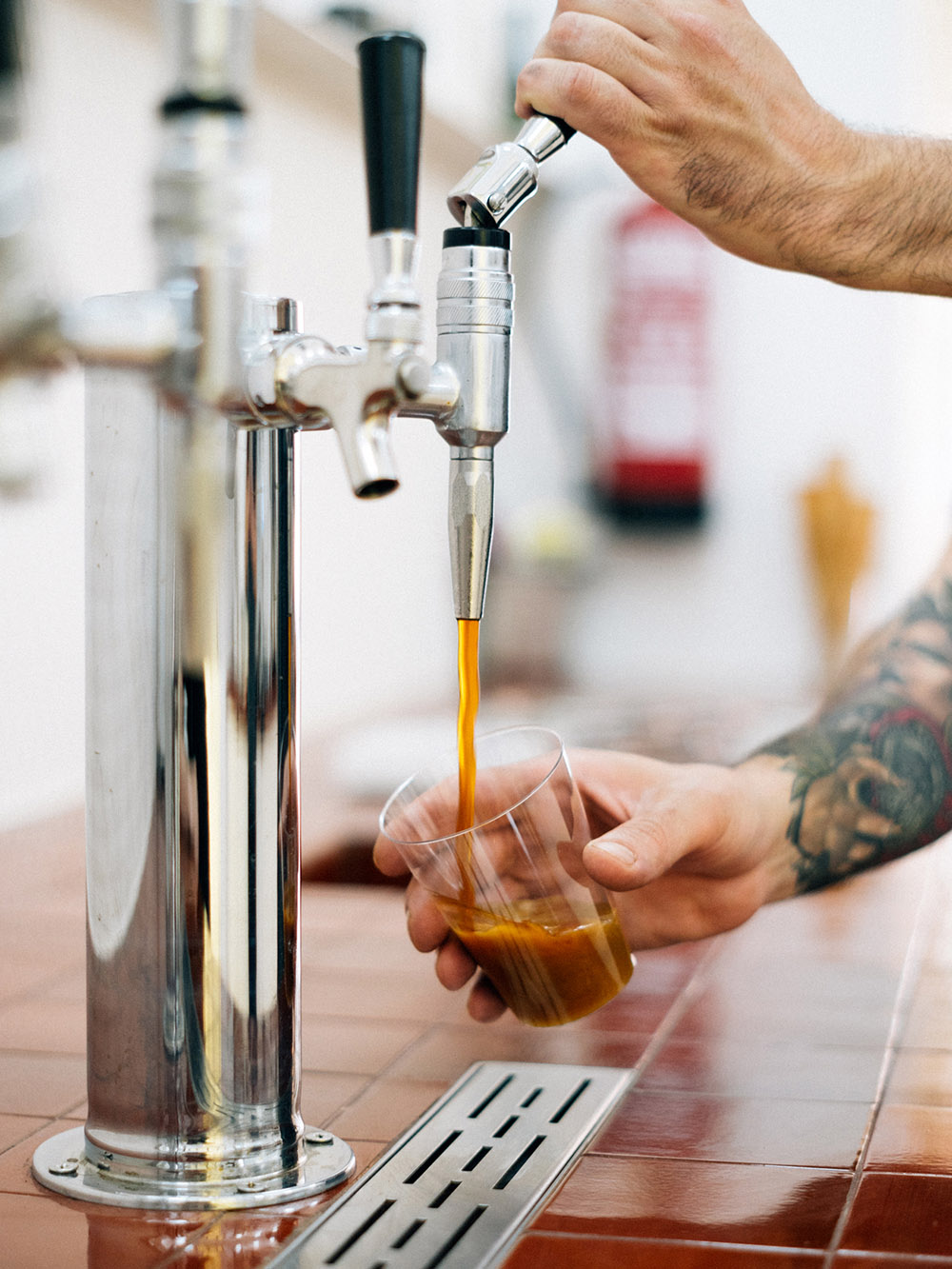
– Barcelona, 2018 – Improvements made in 2017 help Nomad consolidate themselves as roasters in the international market as they continue to expand. Nomad Coffee starts to gain a presence in coffee shops around Europe, the USA, China, South Korea and Canada, among other countries.
Their objectives for 2018 include standardising their quality criteria and even increasing their professionalism, developing and establishing protocols for quality control and creating a management position in this area.

– Barcelona, 2019
Barcelona, 2019 – At this point, Nomad Coffee has more than 20 employees. A young and talented team, all trained in house and passionate about the world of coffee. Nomad has created roles they wouldn’t have dreamed of when they first opened, such as an account and logistics manager and even an art director.
Nomad still travels whenever it can, not only to origin but also to consumer countries to participate in fairs, festivals and cuppings. Thanks to this international outlook, they have gained visibility throughout the sector and had the chance to make very strong alliances.
– Barcelona, 2020 – Being this year the sixth anniversary of the first opening, we inaugurated our new headquarters and toaster. A space for roasting coffee with better facilities that allow us to assume a greater production. In addition to being able to organize trainings and tastings for larger groups responding to the growing interest in our product.